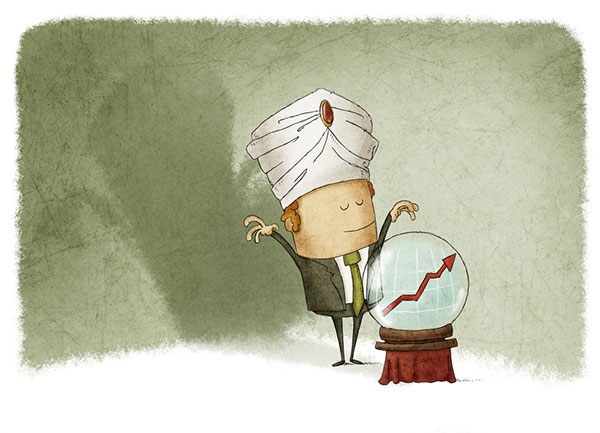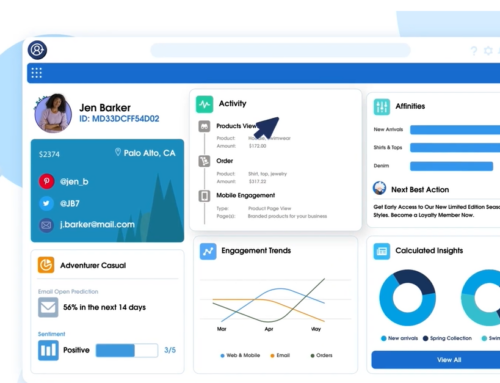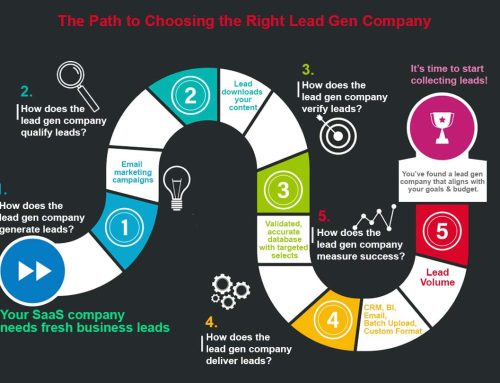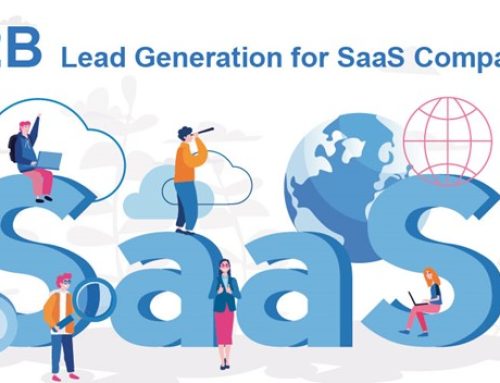Some marketing masters seem to have a sixth sense for how to manage a campaign or what leads truly want in their content. Sometimes, they come up with campaigns that strike just the right notes to produce outstanding results, and if they manage that feat more than 30 percent of the time, they’re hailed as brilliant. Intuition, that ability to choose the right path even in the absence of more information, has long been seen as a purely human trait rather than one a computer can mimic. News out of the Massachusetts Institute of Technology suggests that using big data could make machines powerfully predictive too.
MIT’s new system, the Data Science Machine, specializes in finding patterns and using them to predict outcomes. The human mind excels at finding patterns, a trait that helps us sift through information quickly enough to let us recognize a friend in a large crowd or pick the best apples from a bushel. Computers, on the other hand, have traditionally used analysis to arrive at the same conclusions. A monitoring system might check every apple in the bushel against a theoretical ideal, for example, to arrive at the best choices. MIT’s researchers want to teach systems how to get answers in a flash of insight using predictive algorithms in an automated process that works something like human intuition.
MIT’s machine competed against people working in teams to assess its ability to intuit correct choices and do it quickly. The DSM outperformed roughly two-thirds of the human teams, which is promising enough, but the more astonishing thing about this result is how quickly it happened. The human teams spent months gathering information and spotting trends in the data, but the DSM finished the same volume of work in 12 hours at the most. In marketing, speed is essential, so this technology is exciting news to industry insiders.
The DSM may not be on the open market yet, but big data has already influenced marketing automation software and given it greater predictive capacity. Systems use ultra-rapid data processing to look at past information and extrapolate that data into the future. In essence, the system still looks at every apple, but it also reveals patterns about apple size, shape, and color for human users based on what it’s already learned about what people want in an apple. Marketing automation systems are therefore more responsive than older marketing software tools, adjusting to changing market needs and giving marketing experts different views in which to see the patterns that underlie intuition.
Take a look at an area in which marketing automation tools shine – lead scoring. Unsorted leads waste time for marketers; they first have to remove the oranges and peaches from the bushel because they only work with apples. A marketing automation system removes responses that aren’t leads from the system – competitors visiting your site, for example, or one-time visitors who arrived there by mistake – and channels leads into multiple categories of sales readiness.
The apples get sorted, and some might need further work such as cleaning or stem removal to be ready for the market. Similarly, some leads aren’t yet ready to buy; they want to know more, and a nurture campaign makes it happen. A marketing automation system sorts those leads based on the patterns that intuitive marketing experts have learned to recognize. Over time, the system improves its predictive success rate because it has more information to give to its users.
One of the students working on the Data Science Machine team, Max Kanter, notes that its performance is “a natural complement to human intelligence,” and that’s an important statement for companies that use marketing automation. By interpreting big data and putting it in a usable, comprehensible format for human users, a marketing automation system is already starting to do what the DSM promises. Automation is quickly becoming the industry standard for marketers, and the Data Science Machine may well be the next step in its evolution.
Source: Monzon, Tomas: UPI, “MIT System Outperforms Human Intuition with Algorithms,” Oct. 17, 2015
http://www.upi.com/Science_News/2015/10/17/MIT-system-outperforms-human-intuition-with-algorithms/4211445087936/
© Reach Marketing LLC 2015 All Rights Reserved.







